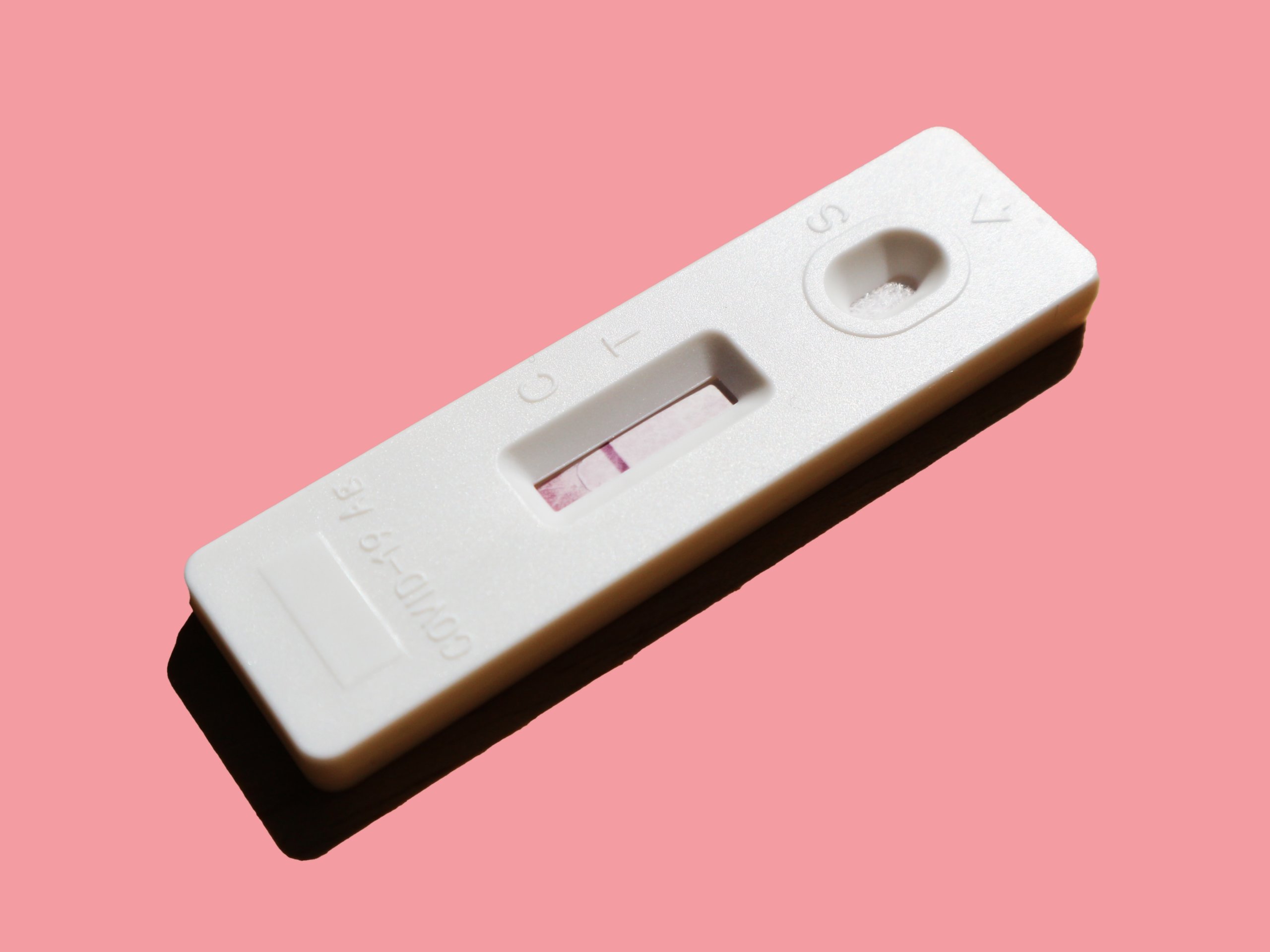 In the past year, we’ve seen healthcare and medicine blossom into more technologically-informed fields. Now, a woman-founded Israeli startup has created an artificial intelligence (AI) application that can be used to increase the chances of successful in-vitro fertilization (IVF). IVF was first used to conceive a baby in 1978 in the U.K., and it’s become a commonplace technique to help couples who have trouble conceiving.
In the past year, we’ve seen healthcare and medicine blossom into more technologically-informed fields. Now, a woman-founded Israeli startup has created an artificial intelligence (AI) application that can be used to increase the chances of successful in-vitro fertilization (IVF). IVF was first used to conceive a baby in 1978 in the U.K., and it’s become a commonplace technique to help couples who have trouble conceiving.
Unfortunately, the success rate of traditional IV is around 22% to 30%, which is still low. But Embryonics is using AI to push the success rate to new highs.
What is IVF?
IVF is a taxing process that involves fertilizing a woman’s egg outside of her body using her partner’s or donor’s sperm. The fertilization creates an embryo that’s then surgically implanted into the woman’s uterus. This isn’t completely unnatural: this exact process takes place in a woman’s body during a regular pregnancy. IVF, however, is a great option for couples who have fertility problems or issues conceiving.

The IVF process is difficult for the woman and the couple — financially, emotionally, and physically. The cost for IVF, which is not usually covered by insurance, ranges from $12,000 to $25,000 per cycle which is a month. During each month, the woman has to give herself a hormone shot daily to stimulate egg production in her ovaries. These shots are not without their own side effects or issues, though.
And IVF can consist of several months of these shots, extractions, and implantations. When all is said and done, the success rate of IVF is still so low that is disheartening to learn that many couples leave IVF with a drained bank account and no baby on the way. If the one-in-three success rate could be improved, IVF would become a much less arduous process.
One major factor that has a hand in determining whether an IVF cycle will be successful is the quality of the embryo. Doctors look at a woman’s embryos through a microscope to pick out the one with the most cells, best appearance, and most viability. This is where Embryonics is improving the IVF process with AI.
Because the human eye can only see so many details, and because success rates are still so low, there’s massive potential to improve the success rate of an IVF cycle by optimizing which embryo is chosen. According to Embryonics founder and CEO Yael Gold-Zamir, “Many decisions are based on gut feeling or personal experience. Even if you go to the same IVF center, two experts can give you different opinions on the same embryo.”
Training the Algorithm
To train their AI algorithm, Embryonics showed it 8,789 time-lapse videos of embryos developing. Less than half of the embryos in the videos were graded or tagged by embryologists, and when data became available about the IVF cycle’s success, it was integrated into the dataset. The algorithm relies on geometric deep learning which is a machine learning technique that applies a regular neural network to more complex data features like 3D objects and graphs.
Days into successful fertilization, a blastocyst has formed, which is a tiny clump of 200 to 300 cells that will eventually evolve into millions of cells and into a baby. The algorithm works to pinpoint and identify patterns in embryo development that doctors wouldn’t normally see or would otherwise require a lot of data to find.
To further bolster the algorithm’s performance, the Embryonics team added patient and environmental data into the dataset. With this additional dimension of information, the algorithm’s success rate is 12% over the traditional method. It finds embryos that would lead to successful fertilization and healthy pregnancy at a much better rate than even the most experienced embryologists. In pinpointing embryos that wouldn’t result in a successful IVF cycle, the algorithm performed 29% higher when compared to embryologists.
A Promising Success Rate
In an initial launch of the Embryonics algorithm, 11 women participated. Of those 11 women, 6 have had a successful pregnancy, while the others are waiting on test results. This success rate, more than 50%, is already much higher than experienced embryologists and IVF doctors.
Embryonics’ research follows in the footsteps of work done at New York City-based Weill Cornell Medicine. In 2019, researchers at Weill Cornell Medicine developed a similar algorithm to classify the quality of an image of an embryo with an astounding 97% accuracy. But Embryonics is taking the research a step further by introducing it to market.
The company wants more and more women to have access to this technology so that their IVF cycles have a better chance of success. Right now, Embryonics has applied for approval by European regulators to sell the algorithm to fertility clinics across Europe. One day, the company wants to bring the technology to the U.S. too.
A Helping Hand
As society shifts and women focus more time and effort on their careers and lifestyles, the demand for IVF will only continue to grow rapidly. In the coming years, experts say, the demand for IVF is expected to skyrocket. Embryonics is focused on bringing its promising medical application to women all over the world and in furthering its research to optimize another part of the IVF process: hormonal stimulation of the ovaries to produce more healthy eggs to pick from. For many women, this will save money and physical effort while allowing them to become pregnant faster and more safely.






